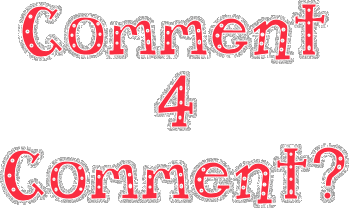3. Freestanding Sites
A freestanding site is a retail location that’s not connected to other retailers, although many are located adjacent to malls.
This type of retail location is basically any stand-alone building. It can be tucked away in a neighborhood location or right off a busy highway. Depending on the landlord, there are generally no restrictions on how a retailer should operate his business. It will probably have ample parking and the cost per square foot will be reasonable. The price for all that freedom may be traffic. Unlike the attached retail locations where customers may wander in because they were shopping nearby, the retailer of a free standing location has to work at marketing to get the customer inside.
a. Advantages of freestanding locations:
Advantages of freestanding locations are greater visibility, lower rents, ample parking, no direct competition, greater convenience for customers, fewer restrictions on signs, hours, or merchandise, and ease of expansion.
b. Disadvantage of freestanding locations:
A disadvantage of freestanding locations is the lack of synergy with other stores. A retailer in a freestanding location must be a primary destination point for customers. It must offer customers something special in merchandise, price, promotion, or services to get them into the store.
4. Other Retail Location Opportunities
a. Airports
b. Resorts
c. Hospitals
d. Store within a Store
5. Choosing a Retail Store Location
Where you choose to locate your retail business will have a major impact on everything your shop does. The difference between selecting the wrong location and the right site could be the difference between business failure and success.
Before choosing a retail store location, define how you see your business, both now and in the future.
- What do your customers look like?
- Can you visualize your building?
- Do you know what you want to sell and what you want your business to be known for?
- Have you determined how much retail space, storage area, or the size of the office you need?
Without the answers to these basic questions, it will be hard to find the perfect location for generating the maximum amount of profit for your retail store.
Type of Goods
Examine what kind of products you sell, as some goods will require certain types of locations. Would your store be considered a convenience store, a specialty shop or a shopping store?
Convenience goods require easy access, allowing the customer to quickly make a purchase. A mall would not be a good location for convenience goods. This product type is lower priced and purchased by a wide range of customers.
Specialty goods are more unique than most products and customers generally won't mind traveling out of the way to purchase this type of product. This type of store may also do well near other shopping stores.
A shopping store usually sells items at a higher price which are bought infrequently by the customer. Furniture, cars and upscale clothing are examples of goods found at a shopping store. Because the prices of theses items are higher, this type of customer will want to compare prices before making a purchase. Therefore, retailers will do well to locate their store near like stores.

